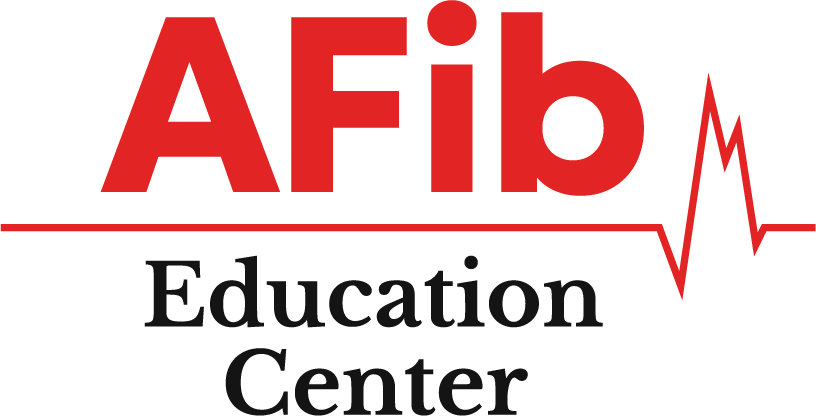Hybrid Ablation in Atrial Fibrillation
Hybrid Convergent Ablation is an innovative treatment for atrial fibrillation (AFib) that merges minimally invasive surgical techniques with traditional catheter ablation. This approach aims to enhance treatment effectiveness by targeting and eliminating AFib triggers within the heart through both internal and external access.
Key Points Covered
- Purpose: Integrates surgical and catheter-based ablation techniques to comprehensively treat AFib.
- Procedure Steps:
- Surgical Component: Involves external ablation of the heart’s posterior wall, roof, and floor.
- Catheter Component: Internal ablation around pulmonary veins and other targeted areas.
- Historical Background:
- Cox-MAZE III Procedure: Original surgical method using cuts to create scars on the heart.
- Catheter Ablation: Evolved method using internal catheters for AFib cell ablation.
- Advantages:
- Targets multiple heart areas for thorough ablation.
- Effective for complex AFib cases like Persistent and Longstanding Persistent AFib.
- Less invasive than traditional open-heart surgery.
- Effectiveness:
- Yields higher success rates for Persistent and Longstanding Persistent AFib compared to standard pulmonary vein isolation alone.
- Addresses limitations of single-method ablations in complex AFib cases.
- However, it does not match the effectiveness of more advanced lesion sets done by Electrophysiologists specializing in advanced AFib stages.
- Risks and Considerations:
- Involves risks from both surgical and catheter-based procedures.
- Requires specialized expertise and collaboration between surgical and electrophysiology teams.
- Availability may be limited due to procedural complexity.
- Longer recuperation compared to catheter-based procedures alone due to the surgical component.
- Patient Suitability:
- Ideal for patients with advanced AFib not responsive to simpler ablation techniques.
- Consideration of overall health and AFib stage is crucial in treatment decisions.
- Technological and Skill Factors:
- Advances in force-sensing and catheter technology improve safety and efficacy.
- Physician skill level significantly impacts success, especially in complex cases.
- Decision-Making:
- Patients should explore various treatment options and AFib stages.
- Consultation with experienced specialists aids in determining the best approach based on individual needs.
Hybrid Convergent Ablation represents a significant advancement in AFib treatment, offering a balanced approach that combines surgical and catheter techniques to effectively manage complex forms of the condition. However, it remains less effective than advanced ablation techniques performed by specialized Electrophysiologists and requires two procedures with longer recovery due to the surgical portion
